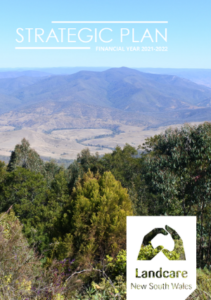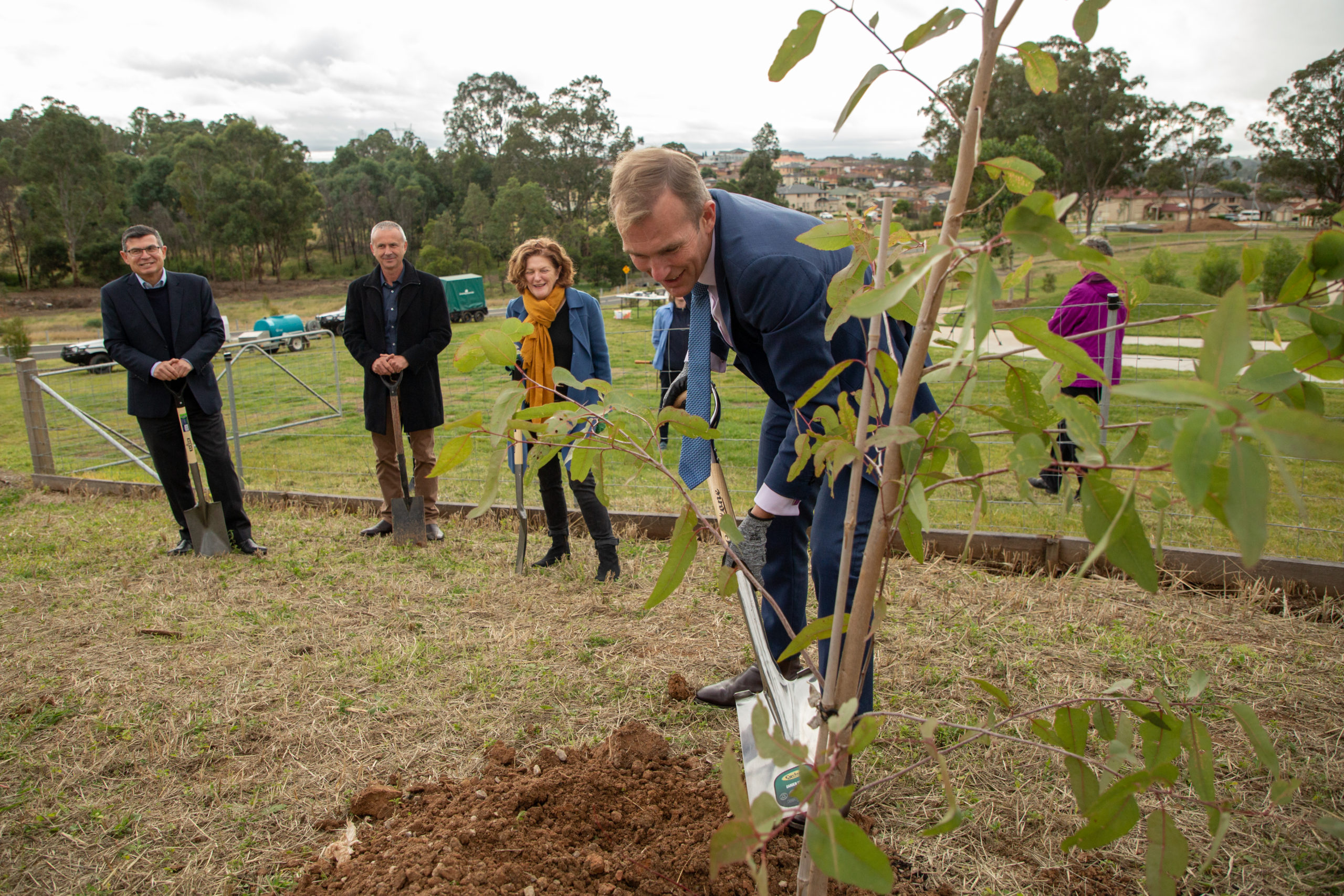A new poll has found 86% of NSW residents strongly support Federal Government investment in a Land Management and Conservation Jobs Plan to stimulate the economy.
Out of 12 options the Federal Government could choose to restore employment in regional communities, investment in practical environmental jobs like planting trees, removing weeds and restoring rivers came out on top for NSW residents.
The polling, commissioned by the National Landcare Network, found three quarters (77%) of NSW residents are concerned about the health of the country’s forests, rivers and wildlife, with a similar number (78%) agreeing that economic stimulus funding should be used to help communities and the environment recover from the bushfires and drought.
“This research shows people want to see government investment to create jobs and stimulate the economy while helping our landscapes recover,” said Dr Adrian Zammit, CEO of Landcare NSW.
“With thousands of Australians looking for work, the Government needs to be proactive in job-creation schemes and collaborate with Landcare organisations who know their local landscapes and are ready to create meaningful work that will leave a lasting legacy for the environment which has been severely impacted by fires and drought,” he said.
The polling comes off the back of data showing that there has been a 134% increase in people actively looking for work through the Federal Government’s JobActive program over the first six months of 2020. There were 1.4 million people looking for work in the second quarter of 2020, which is an increase of 821,000 people compared to the final quarter of 2019.
Funding practical environmental work came in as the second most popular (75% support) out of 12 options for keeping people in regional communities employed, second only to increasing funding for training and apprenticeships (78%).
More than 70 conservation and farming organisations, including Landcare, National Farmers Federation, NRM Regions Australia, Australian Land Conservation Alliance, and Pew Charitable Trusts, are calling on state and federal governments to fund thousands of jobs undertaking practical conservation activities.
A recent report by Ernst & Young, commissioned by the alliance, found that a $4 billion national conservation and land management employment program would create 53,000 jobs, reduce welfare costs by $620 million and raise economic output by $5.7 billion over the next four years, with economic gains rising to $9.3 billion over the next 20 years.
National Landcare Network CEO Jim Adams said the polling indicated broad support nationwide.
“Australians are overwhelmingly supportive of COVID-recovery initiatives that can keep people in work while also helping damaged landscapes recover,” he said
“They see that practical initiatives to help plant trees, restore degraded river systems and eradicate noxious weeds and feral animals are an ideal way to help improve our landscapes while also ensuring communities survive this tough period.”
“Landcare has a 30-year track record of managing projects and partnerships on the ground to support agriculture and conservation, building community spirit in the process. As a grassroots community movement that is well-governed with high professional standards it is a reliable and cost-effective option for government expenditure,” said Dr Zammit.
A program summary can be found here See program summary here.
A summary of the polling results can be found here.

